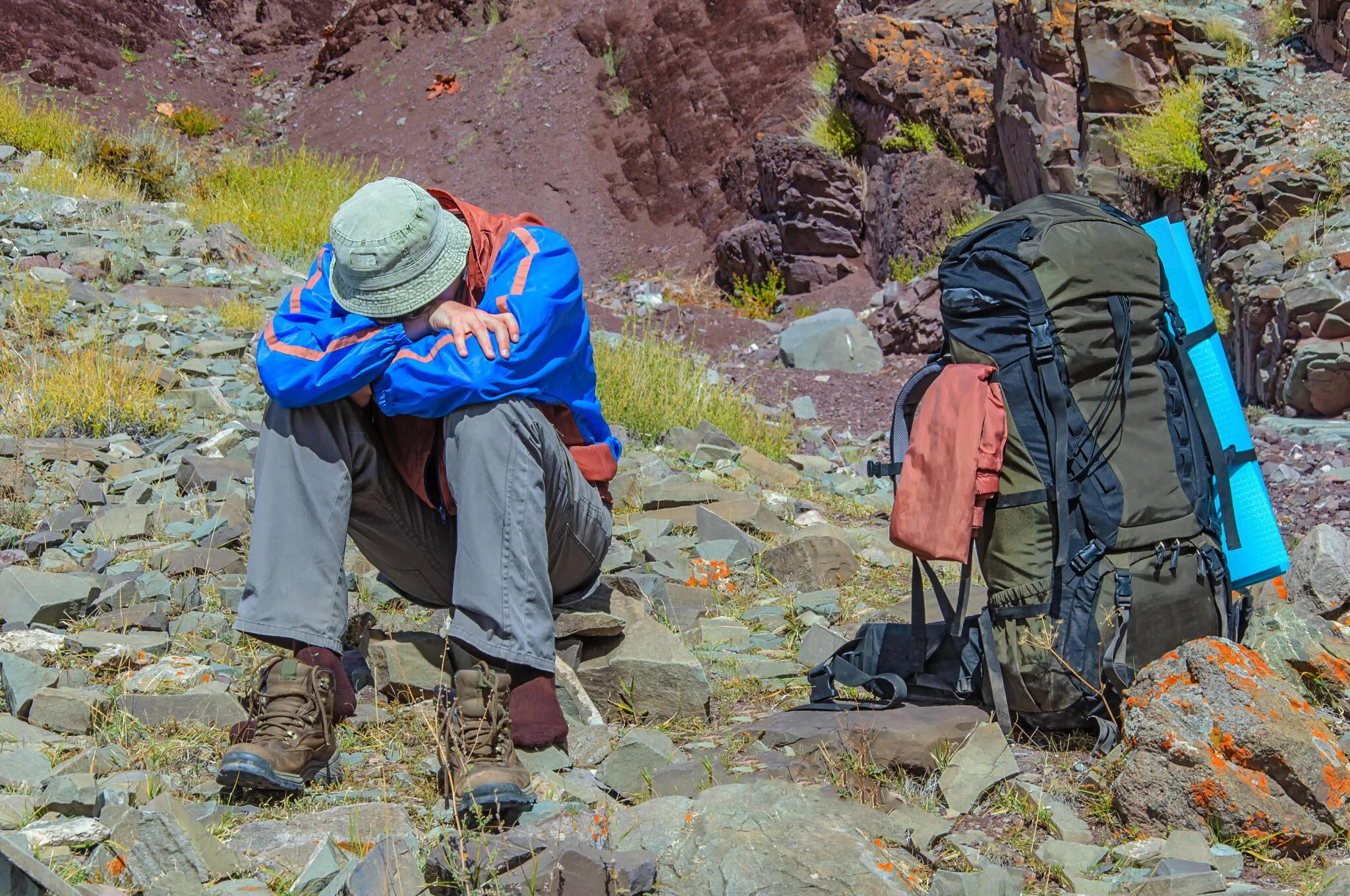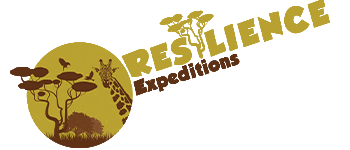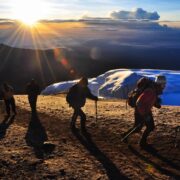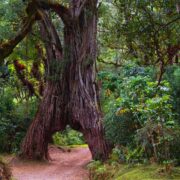
ABOUT ACUTE MOUNTAIN SICKNESS
When climbing Mount Kilimanjaro, one of the most important factors to consider is the potential for altitude sickness. Altitude sickness, also known as acute mountain sickness (AMS), can occur when ascending to high altitudes too quickly without allowing the body enough time to acclimate. It is essential to take proper precautions to minimize the risk of AMS and ensure a safe and enjoyable climb. Here are some precautions to consider when climbing Kilimanjaro with Resilience Expeditions:
- Gradual Ascent: Resilience Expeditions understands the importance of a gradual ascent to allow your body to acclimate to higher altitudes. The itineraries offered by Resilience Expeditions typically follow longer routes, such as the Machame or Lemosho routes, which provide more time for acclimatization. These routes allow your body to adjust as you ascend, reducing the risk of AMS.
- Well-planned Itineraries: Resilience Expeditions carefully plans their Kilimanjaro itineraries to include sufficient acclimatization days. These additional days are vital for your body to adapt to the higher altitudes and help reduce the chances of AMS. It is crucial to follow the itinerary as designed by the experienced guides.
- Slow and Steady Pace: When climbing with Resilience Expeditions, their knowledgeable guides will lead you at a slow and steady pace. This slower ascent rate allows your body to adjust to the decreasing oxygen levels as you gain altitude. It is important to listen to your body and not push yourself too hard during the climb.
- Hydration: Proper hydration is essential to minimize the risk of altitude sickness. Resilience Expeditions emphasizes the importance of drinking plenty of fluids throughout the climb. Staying hydrated helps maintain good blood circulation and allows your body to function optimally at high altitudes. Their guides will encourage you to drink enough water during the trek.
- Nutrition: Resilience Expeditions provides nutritious meals during the climb to ensure you have the energy needed for the ascent. It is vital to eat well-balanced meals and consume enough calories to maintain your strength and stamina throughout the climb.
- Medications: Some climbers may benefit from taking medications to prevent or alleviate altitude sickness symptoms. It is recommended to consult with your healthcare provider before the climb to discuss any necessary medications, such as acetazolamide (Diamox). Resilience Expeditions will provide guidance based on their experience and medical knowledge.
- Monitoring and Communication: Resilience Expeditions’ experienced guides are trained to monitor your well-being during the climb. They will regularly check your vital signs and
communicate with you regarding any signs of AMS. It is essential to be transparent and honest about how you are feeling to ensure proper care and necessary actions if symptoms develop.
- Know the Symptoms: Familiarize yourself with the symptoms of altitude sickness, which can include headache, nausea, dizziness, fatigue, loss of appetite, and difficulty sleeping. If you experience any of these symptoms, it is crucial to inform your guide immediately. They will assess your condition and make appropriate decisions based on their experience and knowledge.
Remember that altitude sickness can affect anyone, irrespective of age, fitness level, or previous climbing experience. Precautions should be taken seriously to ensure a successful and safe climb. Resilience Expeditions prioritizes your safety and well-being and has experienced guides who are trained to handle altitude-related situations. By following their guidance, maintaining good hydration and nutrition, and climbing at a reasonable pace, you can increase your chances of a successful ascent without any altitude sickness complications.



